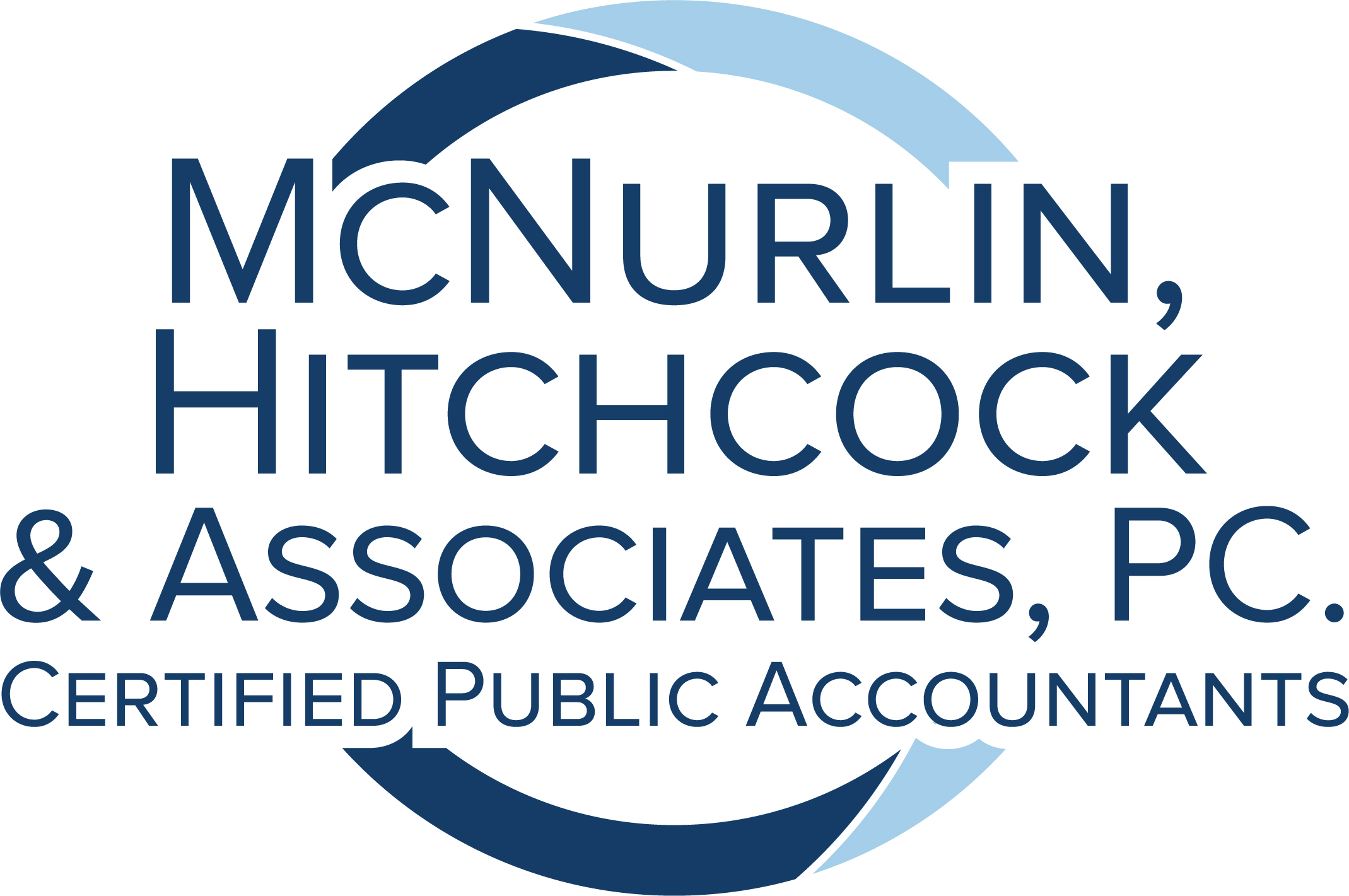Who needs a transition audit?
Homeowner associations are generally created by developers. As the developer builds out the association and sells completed units or lots to new members, the homeowner association begins to take form and gain an identity separate from the developer. Colorado recognized the complexity of the turnover process and created laws to protect the homeowner associations and the homeowners. These statutes are outlined in the Colorado Common Interest Ownership Act or CCIOA [pronounced Ky-Oh-Ah], which became law in Colorado, effective July 1, 1992.
CCIOA (the “Act”) was drafted with the goal to establish a clear, comprehensive, and uniform framework for the creation and operation of common interest communities. The Act contains many provisions that board members of homeowner associations should be familiar with. The specific provision that addresses the required Developer Transition Audit is Section 38-33.3-303(5)(a). This provision details a variety of obligations a developer is required to perform as part of the transition. This transition is obligated to happen upon the occurrence of any one of these conditions:
- 60 days after conveyance of 75% of all units that may be created (as such number is defined in the declaration) to owners other than the declarant; or
- Two years after the last conveyance of a unit in the ordinary course of business; or
- Two years after the right to add new units was last exercised
This transition process is complicated and must be completed in a timely manner. CCIOA allows a maximum of 60 days to complete the transition, which entails turning over all required records, along with control of homeowner association assets. The detailed list of requirements is long, but, in general, the developer must turn over the following items to the new Board:
- Audited financial statements from an independent CPA covering each year of development,
- The original declaration and any amendments,
- All Board meeting minutes,
- Annual accounting records and budgets,
- Control of homeowner association funds,
- Written warranties from contractors,
- All tangible personal property represented by the developer to be owned by the association.
What happens during the transition audit?
Performing this Developer Transition Audit can be a challenging process if the developer retained control for multiple years, or if documents were not properly maintained. We recommend that developers who build out developments spanning multiple years get annual audits leading up to the transition. Annual audits reduce the likelihood of an adverse audit opinion where we find the accounting records are not adequate for the Developer Transition Audit. Annual audits are timelier and provide valuable feedback to the developer of any potential weaknesses in their record keeping process.
If you are living in a community that is still under developer control, we recommend attending a board meeting and inquiring about the record keeping process. If you are part of a community nearing, or recently completing a developer transition, we recommend finding out what steps your homeowner association went through to make sure all these transition steps were properly handled and make sure this Developer Transition Audit was properly completed. Please contact us to discuss how our CPA firm can help your homeowner association.

ERIC CRENNEN is a CPA and audit manager with McNurlin, Hitchcock & Associates, PC.
He has over 11 years of experience in the auditing field. Eric received his CPA license in 2007 and began his career at Deloitte. Eric joined McNurlin, Hitchcock & Associates, PC in 2018 where he has handled a variety of small to mid-sized audits in both the for-profit and not-for-profit areas. Eric is a Denver native and graduated with honors from Colorado State University. Eric can be reached at (303) 988-5648 or by email at Eric@mcnurlincpa.com.

